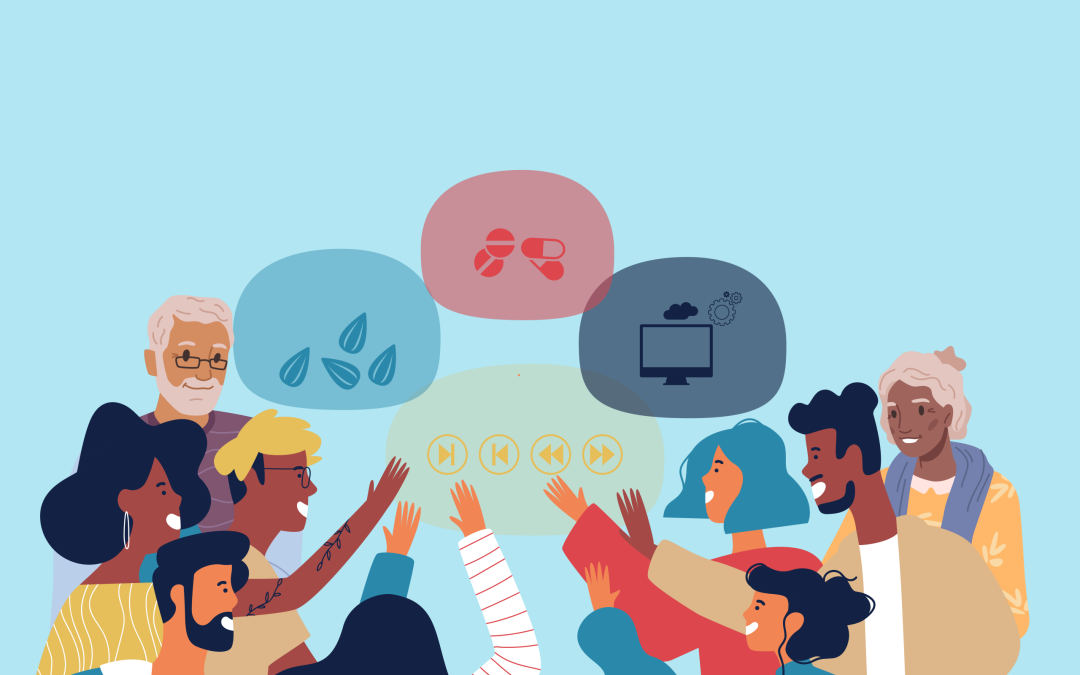
by admin | Apr 27, 2023 | arts and humanities animated, behavioural sciences animated, research animated
The ownership of goods, including both material objects and immaterial goods such as intellectual property, is defined by property regimes. Property regimes are sets of rules that define ownership. They determine who can own goods, legitimate ways of acquiring and using them, and duties associated with owning them. Two important categories of property regimes are private property and common property regimes. Private property regimes focus on ownership by a single person or entity, while common property regimes involve ownership by several people or entities. Nina Gmeiner and her colleagues from the research project RightSeeds explored the recent emergence of a class of property regimes known as progressive commons.
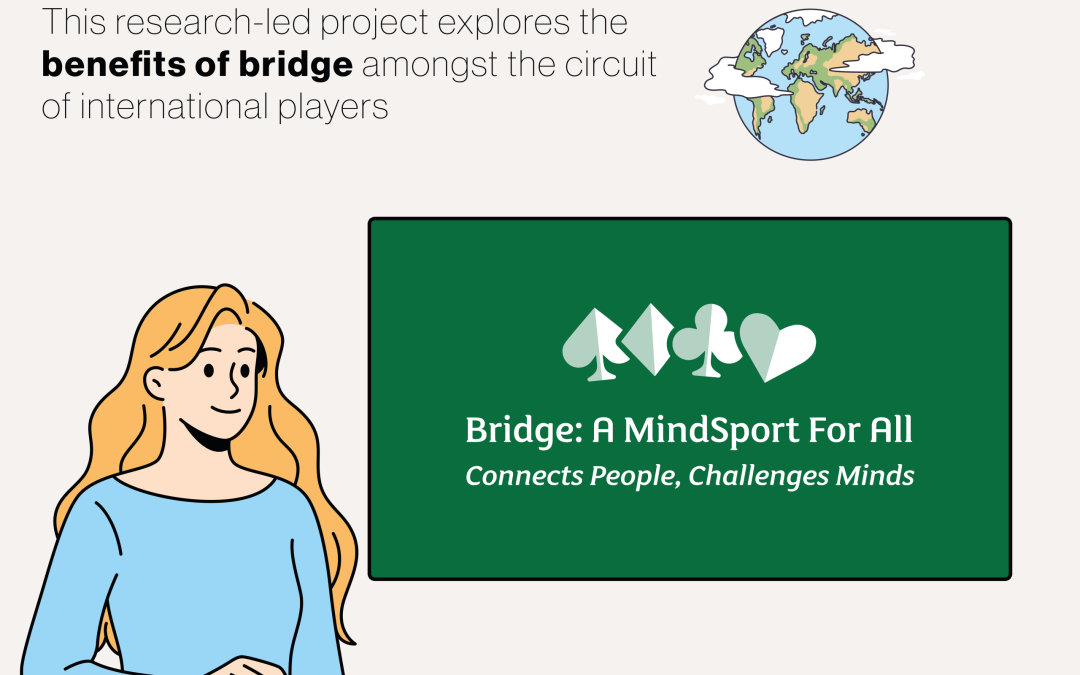
by admin | Mar 30, 2023 | behavioural sciences animated, research animated
Bridge is a popular card game played socially and competitively by millions of people throughout the world. Each game consists of four players divided into two pairs, or ‘partnerships’. They compete against each other to win ‘tricks’ through cooperation, strategic thinking and logical deduction. Professor Samantha Punch at the University of Stirling leads ‘Bridge: A MindSport for All’. This research-led project explores the benefits of bridge amongst the circuit of international players.

by admin | Mar 8, 2023 | behavioural sciences animated, research animated
Propaganda is the systemic use of language with the intent to brainwash rather than to persuade. Deceptive communication designed to mislead the masses is commonplace in the Information Age. Dr Robert Walsh of Sisseton Wahpeton College in South Dakota recently examined how propagandists bend language for mass deception. He argued that what makes propaganda insidious is a vestige of our prehistoric past – the Neolithic or Tribal Mind.
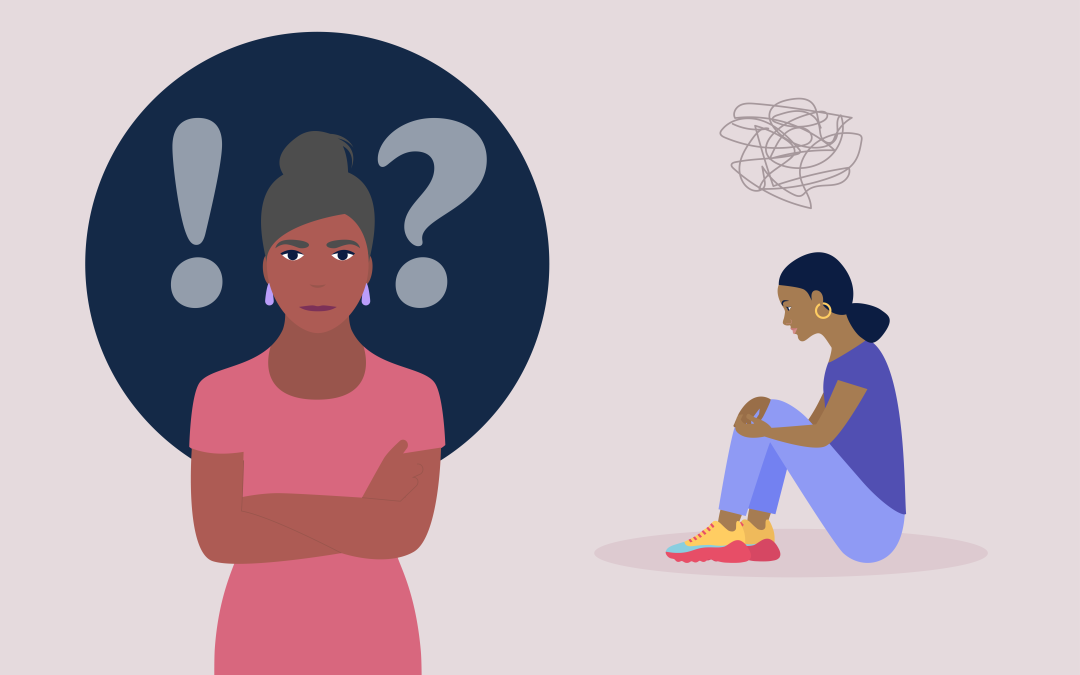
by admin | Mar 8, 2023 | behavioural sciences animated, health and medicine animated, research animated
For young people with schizophrenia, their first experience of psychosis is often highly traumatic. Because of the close, nurturing relationships mothers typically have with their children, they too can experience trauma while witnessing their children’s disturbing psychotic episodes. As a result, mothers of adult children with schizophrenia often experience negative impacts on their physical and psychological health. Debra Klages takes a unique perspective by shedding light on how the traumatic experiences of health professionals with dual roles as mothers can lead to personal and professional growth and resilience.
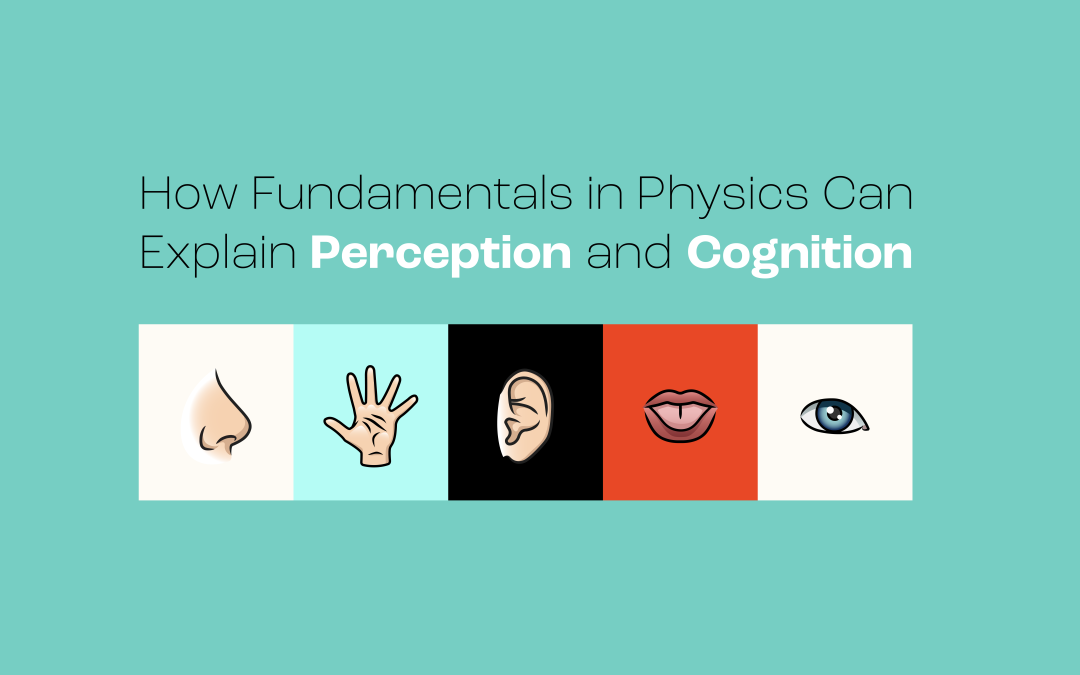
by admin | Mar 7, 2023 | behavioural sciences animated, research animated
Psychophysics is the formal study of perception – our sensory experience of the world. Professor Zygmunt Pizlo at the University of California-Irvine explains that while symmetry is fundamental in both physics and mathematics, it is also fundamental to our understanding of vision. He believes there is much to gain in expanding the existing boundaries of psychology, cognitive science and neuroscience by embracing established fundamentals in physics.
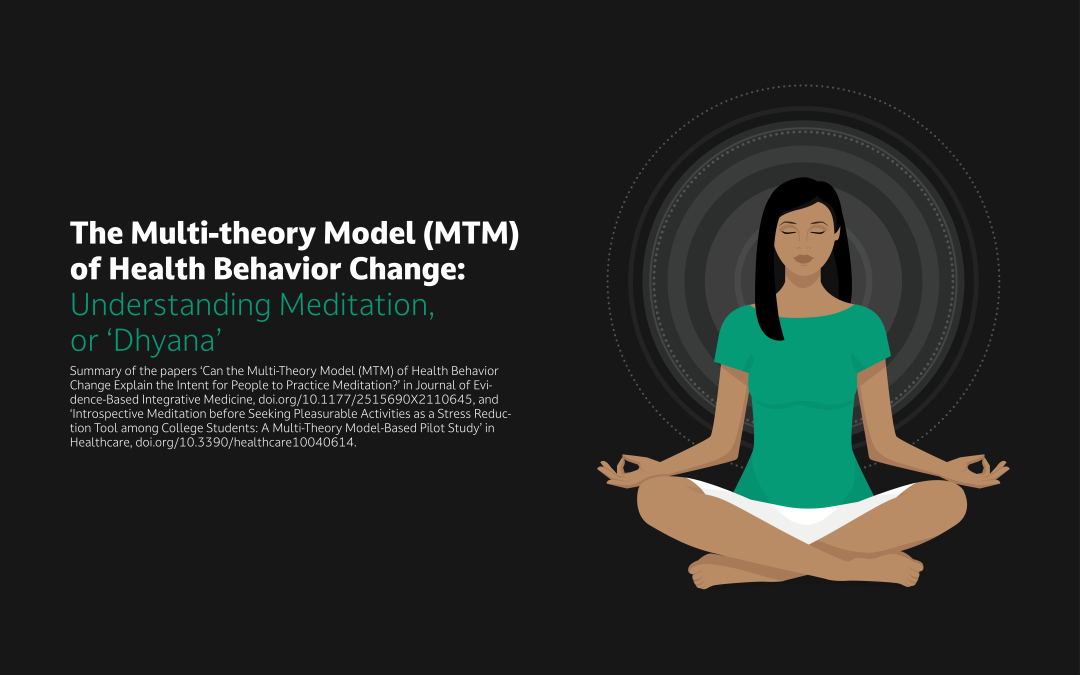
by admin | Feb 22, 2023 | behavioural sciences animated, health and medicine animated, research animated
Meditation is the regular, purposeful practice of becoming aware of one’s bodily sensations, thoughts, or other points of focus. Professor Manoj Sharma, a global health promotion leader and Chair of the Social and Behavioral Health department at the University of Nevada, Las Vegas, wished to test whether a health behavioral model that he developed could explain why adults begin and maintain a meditation practice. While this multi-theory model – or ‘MTM’ – has been applied to many health-related behaviors, two domains are core to the model: initiation of a health behavior and sustenance of this behavior.






